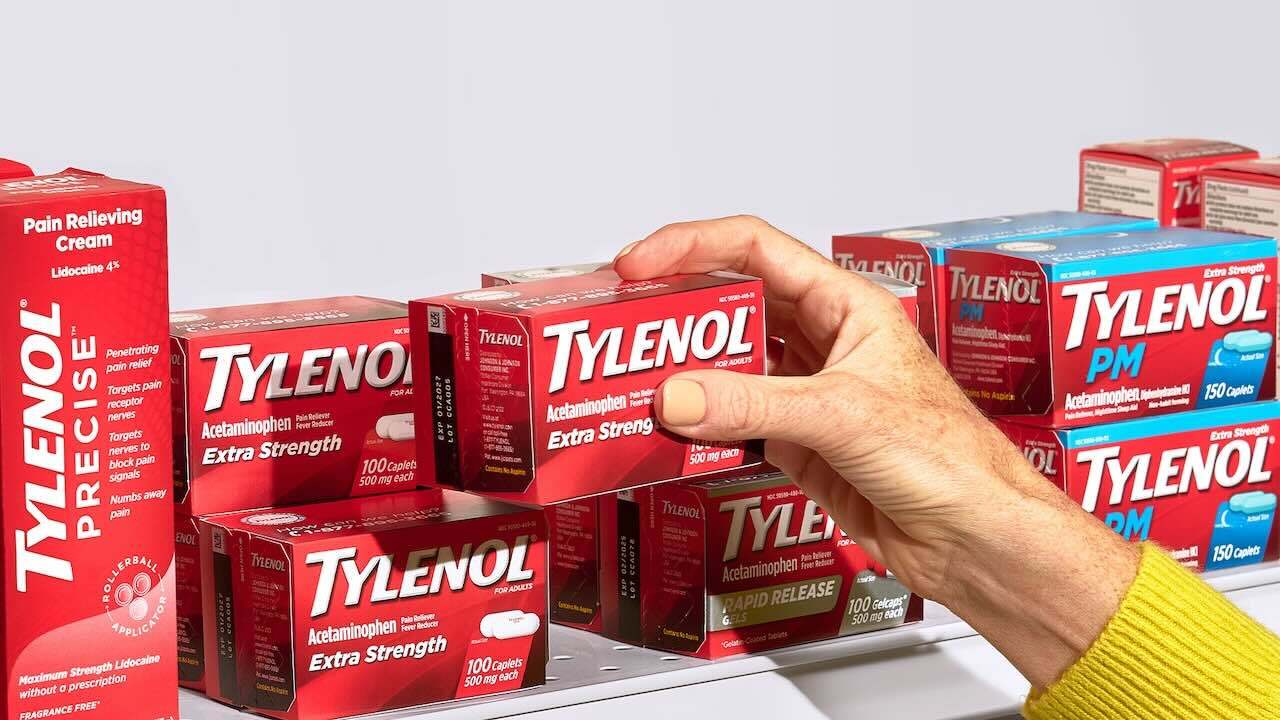Kimberly-Clark is set to acquire Tylenol’s parent company Kenvue in a nearly $50 billion deal, creating one of the largest consumer products conglomerates in the world. The merger combines a portfolio of household brands with global reach, but it also comes with notable financial and regulatory risks that both companies must navigate carefully.
A significant consumer product takeover
The incorporation of Kenvue, a firm that emerged from Johnson & Johnson in 2022, unifies well-known labels like Tylenol, Johnson’s baby products, Clean & Clear, Kleenex, Listerine, and Depends under one corporate umbrella, alongside Kimberly-Clark’s existing product portfolio. Both entities foresee this merger generating an annual revenue of $32 billion and creating an organization that will “influence nearly half of the global population across their lifespan.” Once this transaction is finalized, expected in the latter half of 2026, Kimberly-Clark’s shareholders will own a majority stake of approximately 54%, with Kenvue’s shareholders retaining the remainder.
This deal represents a major consolidation in the consumer products sector, combining two companies with complementary portfolios and global distribution networks. Executives have emphasized the potential for operational synergies and enhanced market presence, noting that the merger will allow for the scaling of marketing, manufacturing, and distribution capabilities across multiple brand lines. Analysts suggest that the combination could strengthen the companies’ competitiveness against rivals such as Procter & Gamble and Unilever.
Financial and regulatory challenges
Despite the promise of scale and market dominance, the acquisition carries inherent risks. Kenvue recently reported a 4.4% decline in overall sales for its most recent quarter, with the self-care segment—including Tylenol—falling 5.3%. Company executives attributed the decreases to inventory reductions by retailers and a shift among cost-conscious consumers toward lower-priced private-label alternatives, signaling potential challenges for maintaining revenue growth under a single corporate structure.
The corporation is also confronting legal challenges stemming from recent accusations made by the Trump administration. Texas Attorney General Ken Paxton initiated a lawsuit, asserting that Kenvue engaged in misleading advertising of Tylenol to expectant mothers, implying a possible connection to autism spectrum disorder. Kenvue has vehemently refuted these allegations and committed to “strenuously defending” its position. Both Kimberly-Clark and Kenvue executives affirmed that these potential liabilities were comprehensively assessed during the due diligence process, involving consultations with legal, regulatory, and medical professionals prior to finalizing the transaction.
Kimberly-Clark’s chief executive, Mike Hsu, characterized the purchase as a “generational value creation opportunity,” whereas Kenvue’s CEO, Kirk Perry, highlighted the extensive scientific research spanning decades that validates the safety of their offerings. The deal will be finalized via a cash-and-stock arrangement, valuing each Kenvue share at $21.01, which signifies a substantial premium compared to its recent market prices. Following this announcement, Kenvue’s stock experienced a 16% surge, while Kimberly-Clark’s shares declined by almost 13% on the very same day.
Implications for the M&A landscape
The merger of Kimberly-Clark and Kenvue is taking place during a broader increase in corporate consolidations throughout the United States, fueled by a regulatory environment that has encouraged business combinations. According to Dealogic, U.S. deal volume has already hit $1.9 trillion this year, representing the highest total since 2021, excluding the pandemic-induced surge. The Kenvue acquisition ranks as the third-largest transaction of 2025 to date, surpassed only by the Union Pacific–Norfolk Southern railway pact ($72 billion) and Saudi Arabia’s Public Investment Fund’s purchase of Electronics Arts ($55 billion).
In the realm of consumer goods, a potential merger between Kimberly-Clark and Kenvue would rank as the fourth-largest transaction in history, surpassed only by Altria’s $111 billion divestiture of Philip Morris International in 2008, British American Tobacco’s $64 billion takeover of Reynolds American in 2015, and Procter & Gamble’s $61 billion acquisition of Gillette in 2005. Analysts within the sector point out that these substantial consolidations have the capacity to redefine market landscapes, modify competitive approaches, and impact pricing, new product development, and consumer options across international markets.
Strategic Prospects and Market Placement
For Kimberly-Clark, this integration offers a chance to broaden its product range and enter new market segments. The fusion of Kenvue’s consumer health items with Kimberly-Clark’s hygiene, personal care, and paper products establishes a more robust enterprise, better equipped to withstand economic shifts. Leadership points to potential advantages stemming from unified supply chains, collaborative research and development efforts, and worldwide marketing strategies, all of which could boost financial performance and brand recognition.
The merger also allows each organization to leverage its unique strengths: Kenvue brings well-known health and wellness brands that consumers trust deeply, while Kimberly-Clark contributes operational scale, distribution expertise, and a strong presence across international markets. Industry analysts suggest this collaboration could drive continuous growth, though its effectiveness will depend heavily on seamless integration and skillful navigation of both regulatory hurdles and public perception issues, particularly given the ongoing legal concerns surrounding Tylenol.
As Kimberly-Clark and Kenvue near the completion of their acquisition, market observers will be closely watching how the combined organization manages its vast portfolio of brands and navigates the challenges inherent in such a significant transaction. This consolidation underscores a wider trend of mergers and acquisitions within the consumer products industry, signaling deliberate efforts to enhance brand value, optimize operational efficiency, and expand global market reach.
While questions remain regarding the impact of regulatory scrutiny and market fluctuations, the union of Kimberly-Clark and Kenvue represents a bold move in the corporate landscape. The outcome of this deal may not only reshape the competitive environment for consumer products but also signal broader trends in mergers and acquisitions for years to come, highlighting the strategic importance of scale, diversification, and brand strength in an increasingly interconnected global market.
This acquisition marks a crucial moment for both organizations, opening doors to strengthen their positions across diverse product categories and showcasing the calculated risks that drive significant business strategies. As the transaction moves towards completion, its execution and the market’s reaction will set a benchmark for future mergers in the consumer health and personal care sectors.

